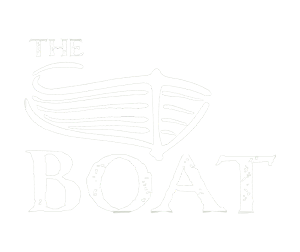
The key performance indicators your revenue manager should be focusing on
As all good hoteliers know, revenue management is no longer a luxury reserved for the big chains and holiday resorts – it’s a necessity for hotels of all shapes and sizes. When competition is fierce and profit margins are tight, a skilled revenue manager, armed with the right data and insights, can be the difference between a thriving hotel and one struggling to stay afloat. But how can you be sure your revenue manager is focusing on the KPIs (key performance indicators) that truly matter?
The holy trinity of revenue management KPIs
Every successful revenue management strategy starts with a strong foundation. At the heart of that foundation is the “holy trinity” of revenue management KPIs:
- Average daily rate (ADR): The average revenue generated per occupied room per night. A healthy ADR reflects your pricing power and your ability to command premium rates for your rooms.
- Occupancy rate: This tells you what percentage of your rooms are occupied on any given night. While a high occupancy rate is desirable, it shouldn't come at the expense of sacrificing ADR.
- Revenue per available room (RevPAR): Combining ADR and occupancy rate reveals the total revenue generated per available room each night. RevPAR is the ultimate measure of your hotel’s overall revenue-generating efficiency.
Delve deeper to uncover hidden gems
While the holy trinity provides a solid starting point, a practised revenue manager delves deeper. Consider these additional KPIs to gain a more nuanced understanding of your property's performance:
- Market penetration index (MPI): This compares your hotel’s occupancy rate to the average occupancy rate within your competitive set. A high MPI indicates you’re capturing a larger share of the market compared to your competitors.
- Length of stay (LOS): Understanding how long guests typically stay at your hotel allows you to tailor promotions and packages to attract guests who align with your ideal LOS.
- Distribution channel performance: Analysing revenue generated through different booking channels (direct sales, online travel agents, wholesalers etc) helps you optimise your distribution strategy. You can then invest resources in the channels that are driving the most revenue.
- Total revenue per available room (TRevPAR): This expands on RevPAR by factoring in all revenue streams, not just room bookings. Think food and beverage sales, spa treatments, and any other income generators.
Embrace new metrics in the digital age
No matter what industry you work in, technology is constantly evolving – and hospitality is no exception. With more and more data available to us on every aspect of business, there are several useful new metrics that savvy revenue managers can keep an eye on. Here are some rising star KPIs to consider:
- Guest/customer acquisition cost (CAC): Knowing how much it costs to acquire a new guest allows you to optimise your marketing spend and ensure a healthy return on investment.
- Guest/customer lifetime value (CLTV): This predicts the total revenue a guest will generate throughout their relationship with your hotel. Understanding your most valuable guests allows you to tailor loyalty programmes and special offers to them.
- Online reviews and guest sentiment: Positive online reviews are gold dust in the digital age. Monitor guest sentiment and reputation management platforms to identify areas for improvement and showcase your strengths.
Understanding the power of KPIs: it's all about context
While revenue management KPIs are invaluable tools, remember – context is king. Don’t get bogged down in chasing a single number without considering the bigger picture. A low occupancy rate might be a strategic decision during a period of low demand, while a high ADR might be offset by increased marketing spend. The key lies in understanding the interplay between these metrics and how they impact your overall revenue goals.
But what if your hotel doesn't have the in-house expertise to fully leverage the power of revenue management KPIs? Here's where Octopus Revenue can truly add value:
Outsourced revenue management: Let our team of experienced revenue managers take the reins, freeing up your time and resources to focus on other areas of your business.
Revenue management training: Equip your team with the skills and knowledge they need to make data-driven decisions and implement effective revenue management strategies.
Contact us today to discuss your specific needs and discover how Octopus Revenue can help you achieve your revenue goals.



















































